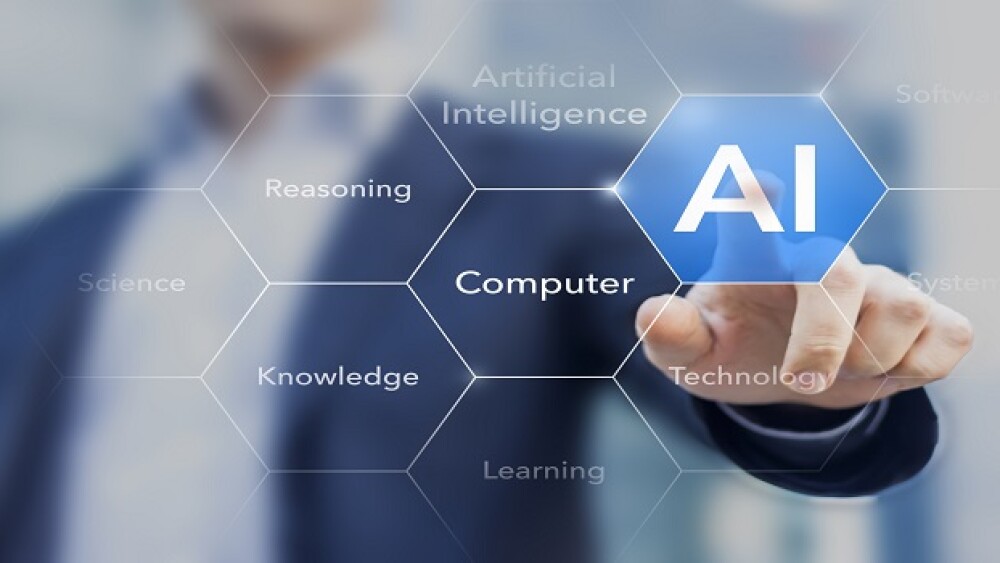Prime Minister Theresa May continues to push for growth in the United Kingdom’s pharma sector. Today she called for expanding the role of artificial intelligence in the diagnosis process for cancer.
Prime Minister Theresa May continues to push for growth in the United Kingdom’s pharma sector. Today she called for expanding the role of artificial intelligence in the diagnosis process for cancer.
Using artificial intelligence (AI) as part of the diagnostic process can reduce potential fatalities from cancer by 10 percent, May said, according to the Financial Times. May is looking to establish something of a new industry around the use of AI in healthcare, the publication added.
According to early transcripts of May’s speech, the prime minister decried the late diagnoses of cancers that are treatable. She called them “one of the biggest causes of avoidable deaths.” Additionally, May said the use of “smart technologies to analyze great quantities of data quickly and with a higher degree of accuracy than is possible by human beings opens up a whole new field of medical research and gives us a new weapon in our armory in the fight against disease,” CNBC reported.
By harnessing AI in the diagnosis of cancer, data suggests that could reduce the number of fatalities related to the disease by 22,000 people by the year 2033, CNBC reported. There are approximately 50,000 people in the U.K. diagnosed annually with prostate, ovarian, lung or bowel cancer. Cancer Research U.K. data shows 166,135 deaths from cancer in the U.K. in 2016. About half of those deaths were lung, bowel, breast or prostate cancer, according to the report. The government’s plan is to harness emerging technologies to “cross-reference genetics, medical records and habits with national data in order to spot people at an early stage of cancer,” CNBC said.
May’s call to action is two days before French president Emmanuel Macron will meet with Silicon Valley moguls, including Facebook’s Mark Zuckerberg, to push that nation as a “startup” haven, the Financial Times continued.
The use of artificial intelligence in drug development is becoming more and more common. This year alone several pharma companies have invested heavily in the sector, which continues a trend from previous years. In April London-based BenevolentAI secured funding to advance its artificial intelligence-driven drug development programs. The U.K.-based company said its drug-development portfolio shows that its AI platform can cut early-stage drug discovery by four years. In January Chinese company XtalPi Inc. secured additional funding to drive its Intelligent Digital Drug Discovery and Development (ID4) program. The ID4 program is designed to improve the efficiency, accuracy, and success rate of drug design, solid-form drug selection, and other critical aspects of preclinical drug development.
In July 2017 pharma giant GlaxoSmithKline forged a $43 million deal with AI company Exscientia to spur drug development. GSK said it will be using AI to discover novel and selective small molecules for up to 10 disease-related targets across multiple therapeutic areas. Also in July 2017 the Mayo Clinic and nference launched a startup company called Qrativ that is focused on drug development that will be powered by clinical expertise and artificial intelligence. Innovator Elon Musk launched the biotech company Neuralink that has the lofty goal of linking the human brain with a computer.





